Description
Micro Steel Fibre Manufacturers
Micro steel fibers, also known as micro-reinforcement fibers, are small-diameter steel fibers used in concrete to improve its strength and durability. These fibers are typically less than 0.3mm in diameter and have a length-to-diameter ratio of at least 40:1. Micro steel fibers are added to concrete in small amounts, typically between 0.1% to 0.5% by volume. They are evenly distributed throughout the concrete mix and reinforce the material. The use of micro steel fibers in concrete has several benefits.
Firstly, they improve the flexural and tensile strength of the material, making it more resistant to cracking and damage. Secondly, they improve the durability and lifespan of the concrete, reducing the need for maintenance and repair. Thirdly, they improve the impact resistance of the concrete, making it more resistant to damage from heavy loads or impact. Micro steel fibers are commonly used in various construction projects, including industrial flooring, shotcrete, precast concrete, tunnel lining, and bridge construction.
They are particularly useful in projects where high strength and durability are required, and the concrete is exposed to heavy loads or impact. Overall, micro steel fibers are a valuable addition to concrete mixes, improving the strength, durability, and impact resistance of the material. Their use in construction projects can lead to longer-lasting, more durable structures and reduced maintenance costs.
Applications
Micro steel fibers have several applications in the construction industry due to their ability to improve the strength and durability of concrete. Here are some of the most common applications of micro steel fibers:
- Industrial flooring: Micro steel fibers are commonly used in industrial flooring to improve its resistance to wear and tear. They also reduce the risk of cracking and improve the load-bearing capacity of the flooring.
- Shotcrete: Micro steel fibers are added to shotcrete to improve its strength and reduce rebound. Shotcrete with micro steel fibers is used in various construction projects, including tunnels, bridges, and retaining walls.
- Precast concrete: Micro steel fibers are added to precast concrete to enhance its strength and reduce the risk of cracking. Precast concrete with micro steel fibers is used in various construction projects, including bridges, tunnels, and parking structures.
- Tunnel lining: Micro steel fibers are used in tunnel lining to enhance its strength and durability. They improve the ability of the lining to withstand the pressure and stress of the surrounding soil and rock.
- Bridge construction: Micro steel fibers are used in bridge construction to enhance the strength and durability of bridge decks and girders. They improve the load-bearing capacity of the bridge and reduce the risk of cracking.
- Concrete repair: Micro steel fibers are added to repair mortars and concrete to improve their strength and durability. They also reduce the risk of cracking and improve the resistance to impact and abrasion.
In summary, micro steel fibers have several applications in the construction industry due to their ability to improve the strength and durability of concrete. They are used in industrial flooring, shotcrete, precast concrete, tunnel lining, bridge construction, and concrete repair. Their use in construction projects can lead to longer-lasting, more durable structures and reduced maintenance costs.
Benefits of Micro Steel Fibre
- Increased durability: Micro steel fibers enhance the durability of concrete by improving its resistance to cracking, impact, and abrasion. This makes it an ideal material for structures that are exposed to harsh environmental conditions.
- Improved toughness: The addition of micro steel fibers increases the toughness of concrete, enabling it to withstand heavy loads and impact forces without breaking or cracking. This makes it an ideal material for floors, pavements, and bridge decks.
- Enhanced flexural strength: Micro steel fibers improve the flexural strength of concrete, making it more resistant to bending and deformation. This is particularly important in structures that are subject to dynamic loads or seismic activity.
- Better control of shrinkage and cracking: The addition of micro steel fibers can help control shrinkage and cracking in concrete by reducing the size and number of cracks that form. This can result in a more stable and durable structure.
- Cost-effective: The use of micro steel fibers can be a cost-effective solution compared to traditional reinforcement methods such as steel bars or mesh. It can also save time and labor costs since the fibers are easily mixed with the concrete.
Practical application case display
One practical application of micro steel fibers in construction is in the construction of industrial flooring. Industrial flooring is exposed to heavy loads, abrasion, and impact forces, making it susceptible to cracking and damage over time. The use of micro steel fibers in the concrete mix can improve the durability and longevity of industrial flooring. For example, a food processing plant in the United States had issues with the durability of its concrete flooring due to the harsh conditions of the environment. The concrete flooring was cracking and deteriorating, causing safety hazards for workers and increasing maintenance costs. The plant decided to use micro steel fibers in the concrete mix when repairing and replacing the damaged flooring.
The addition of micro steel fibers improved the durability of the concrete flooring, making it more resistant to cracking and damage from heavy machinery and foot traffic. It also reduced the need for frequent repairs and maintenance, saving the plant time and money. Another example is the construction of precast concrete elements such as wall panels and bridge decks. The addition of micro steel fibers in the concrete mix can improve the flexural strength and toughness of the precast elements, making them more resistant to deformation and cracking during transportation and installation. In summary, the use of micro steel fibers in construction has practical applications in improving the durability and performance of concrete structures, particularly in harsh environments and heavy load conditions.
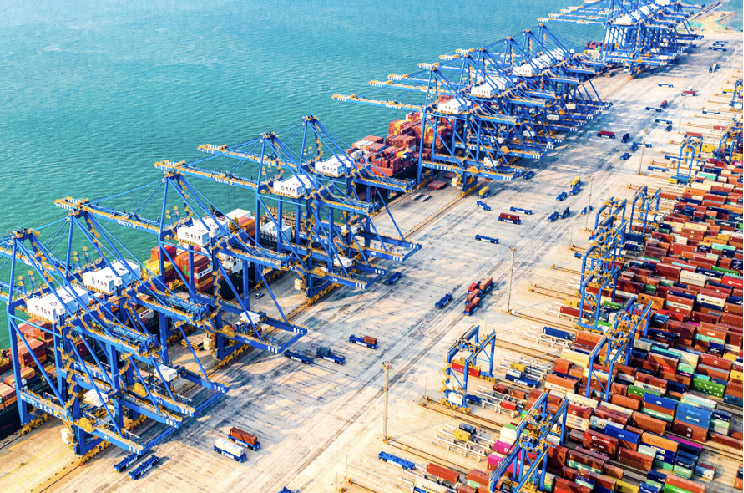
Ports
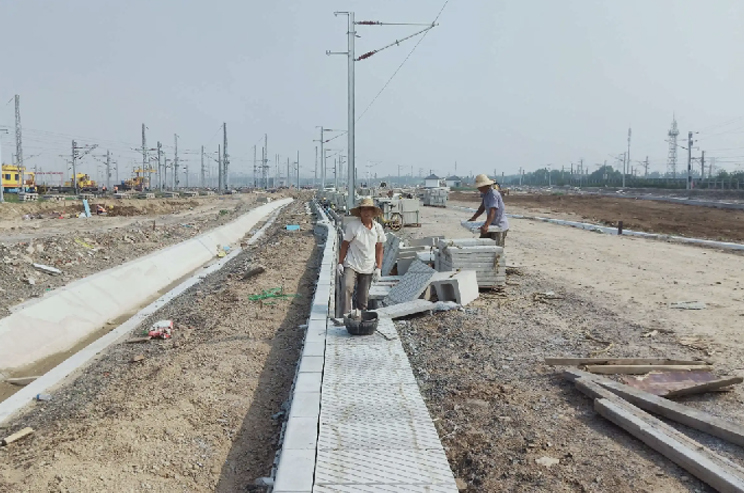
Railway Cable Cover Plate
Production environment display
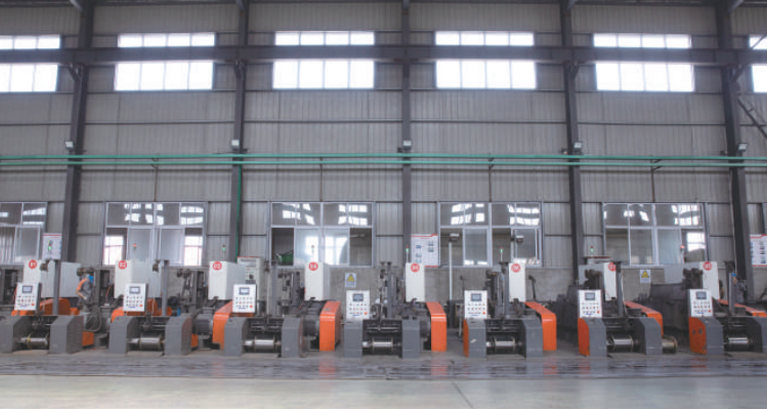
Environmental Showcase
.jpg)
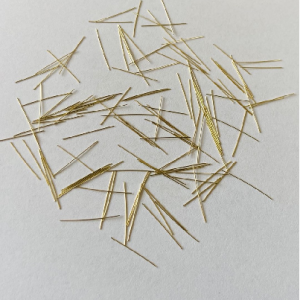
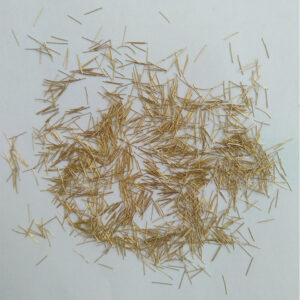
.jpg)
Reviews
There are no reviews yet.